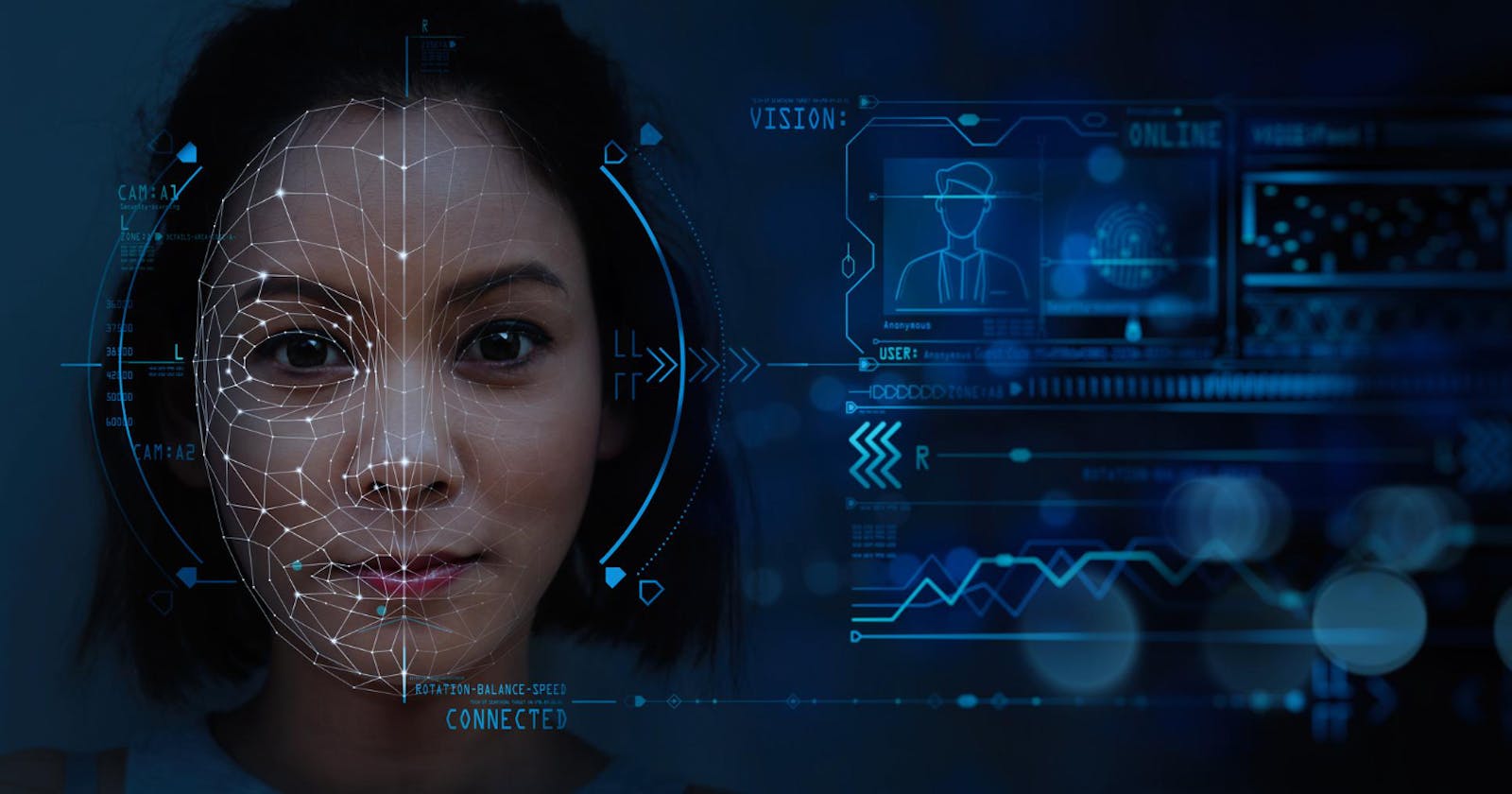The use of facial recognition technology in schools has been a topic of discussion in recent years, with some arguing that it could improve security and others expressing concerns about privacy and civil liberties. The ethical implications of using facial recognition technology in schools are complex and require careful consideration.
On one hand, proponents of facial recognition technology in schools argue that it could help prevent school shootings and other security threats by quickly identifying potential threats. Supporters also suggest that the technology could be used for attendance tracking, which could save time and reduce errors. However, there are several concerns about the use of facial recognition technology in schools that must be taken into account.
One of the primary concerns is privacy. The use of facial recognition technology in schools could lead to the collection and storage of sensitive biometric data, such as facial images and other personal information, without the consent or knowledge of the individuals involved. This could potentially put students and teachers at risk, as the data could be used for other purposes beyond school security. Additionally, the use of facial recognition technology could lead to increased surveillance and monitoring, which could create an environment of fear and mistrust.
Another concern is the potential for bias and errors. Facial recognition technology has been shown to have higher error rates for women and people with darker skin tones, which could lead to discrimination or misidentification. There is also a risk of false positives, which could result in innocent individuals being wrongfully identified as security threats.
There is also the issue of the accuracy and effectiveness of facial recognition technology in schools. Some studies have shown that the technology is not reliable in crowded environments, such as schools, and that it can be easily fooled by simple disguises or changes in lighting. This could lead to a false sense of security and a waste of resources.
In summary, the ethical implications of using facial recognition technology in schools are complex and require careful consideration. While the technology could improve security and attendance tracking, there are significant concerns about privacy, bias, errors, and the effectiveness of the technology. It is important for schools to carefully weigh the potential benefits and risks and to consult with stakeholders, including students, teachers, and parents, before implementing facial recognition technology.

